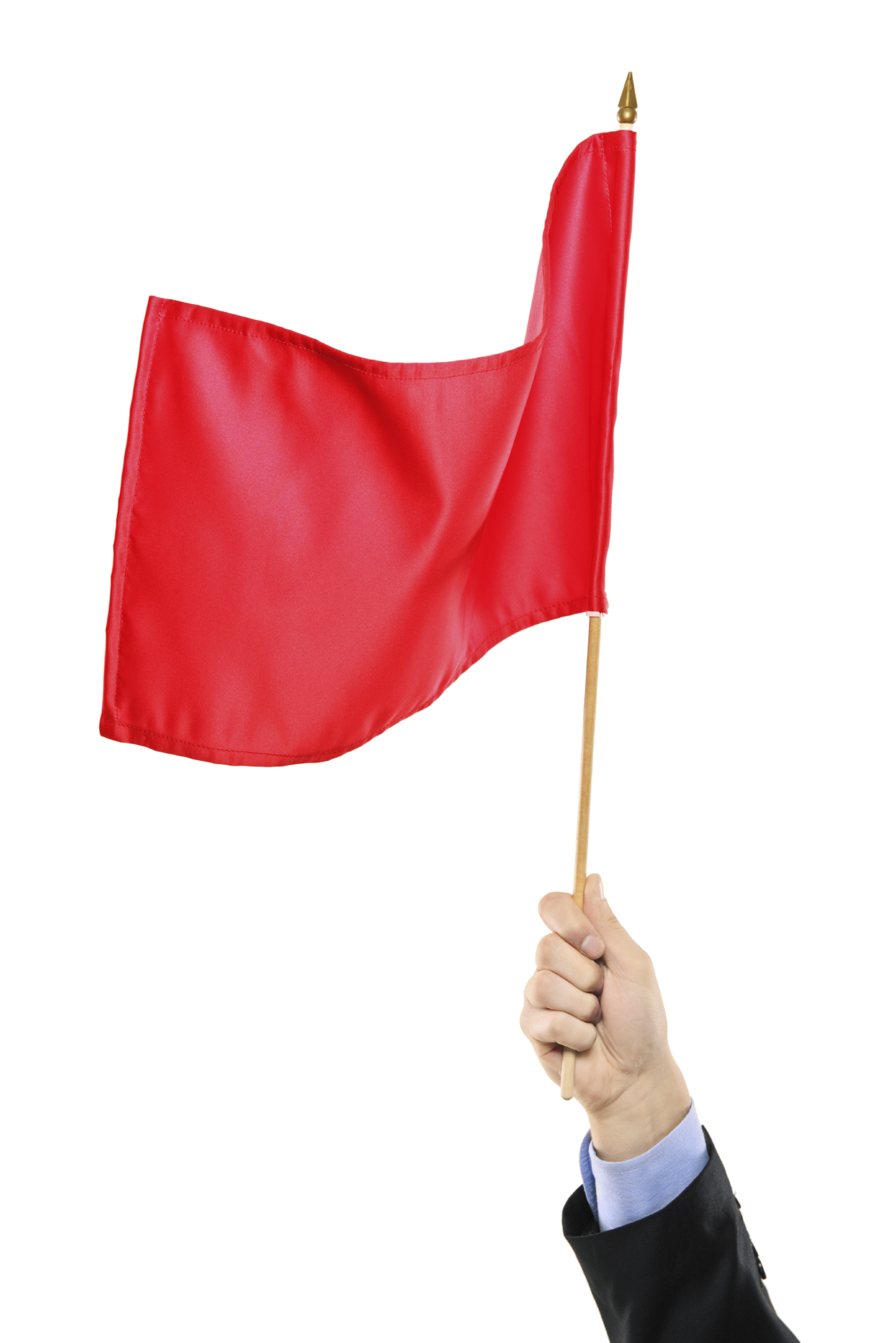I had a great time this past weekend at the Writers’ League of Texas Agents Conference. I spent most of it manning the Yellow Bird booth with Sara Kocek. A lot of the writers who dropped by felt unsure about how to move forward editing their manuscripts. In particular, many wanted to know what kind of editing they needed.
First off, if you don’t already have a critique group or a cadre of trusted beta readers, get one. These folks are your best first stop on the editing journey. The feedback a writer gets from these readers is invaluable, and it doesn’t cost money. Start there.
However, that is just the beginning of the rewrite process. I once heard YA author Matt de la Pena put it this way: critique partners look for different things than professional editors. In other words, your critique partners can only take you so far toward perfecting your manuscript.
But pro editors cost money, right?
Yes. We do. Which is why you need to do your homework and find an editor you can trust. Word-of-mouth referrals are the best way to start. Ideally, your editor should come recommended to you by a past client. When that’s not possible, Google the name of your potential editor to learn as much as you can about him or her. Editors often grant interviews, appear as guests on blogs, or publish articles online. Reading these pieces should give you a feel for their editorial sensibilities. Once you’ve made contact with a potential editor, don’t be afraid to ask questions. What kind of works have they edited in the past? Do they have testimonials? Can they provide samples of their editorial work? How long have they been editing? What’s their educational background and editorial training? If a freelance editor balks at answering any of these questions, that’s a red flag.
The bottom line is: you should feel as comfortable as possible before you write that check and hand over your manuscript.
Okay, so you’ve picked an editor you feel good about. Then what?
The Yellow Bird website breaks down the various types of editing services that are available as well as some of the rates. But how do you choose which service is right for you?
Think of the editing process in terms of an upside-down triangle, and start at the top. In other words, you need to identify and fix the big problems first. Address the major issues like plot and pacing, character arcs, and thematic resonance. Depending on your preferences and your budget, this means developmental and/or content editingis what you should spend your money on first.
It’s only after you’re through with this big picture phase of rewrites that you should move down the triangle, narrowing your focus to word choice, grammar, and spelling. This is the copy editing and proofreading phase of the process, and it should always come last.
Doing your editing in this order (even if you do it on your own without professional help) will save you hours — if not days or weeks — of duplicated effort. It’s hard enough to write a good book; don’t make it any harder by rewriting it in the wrong order.

















